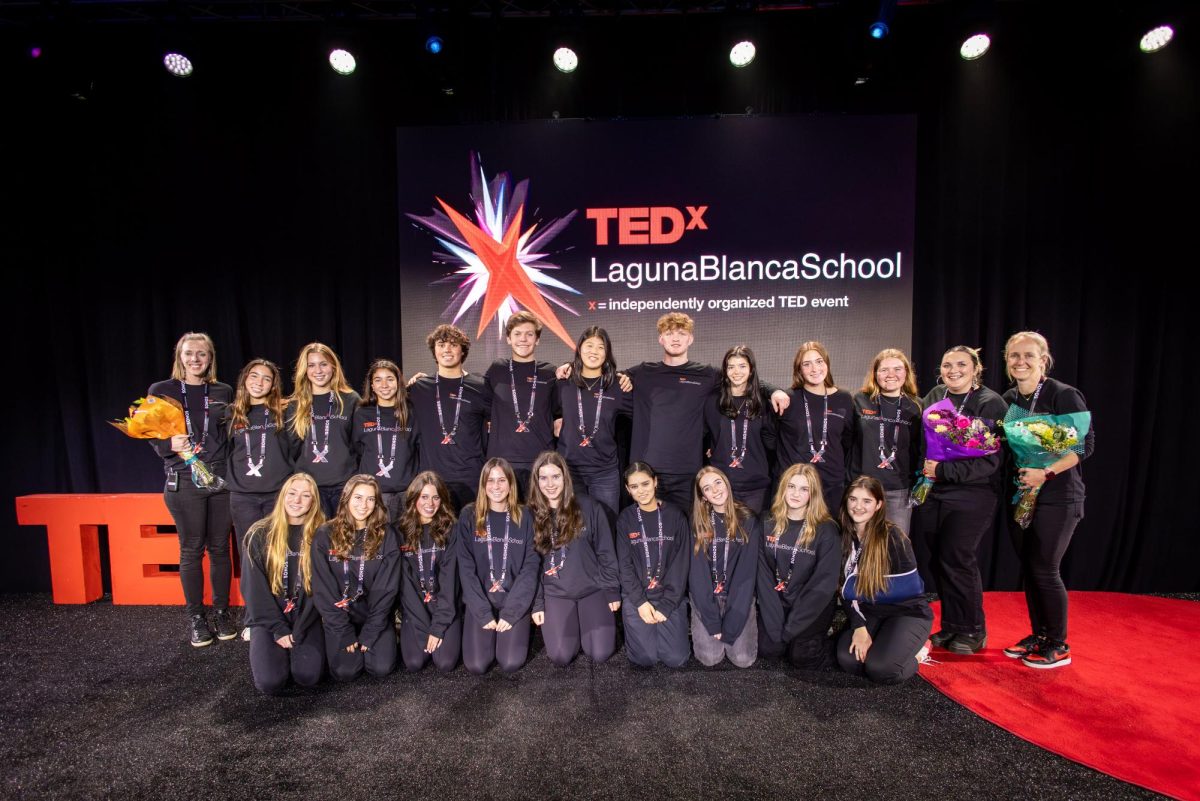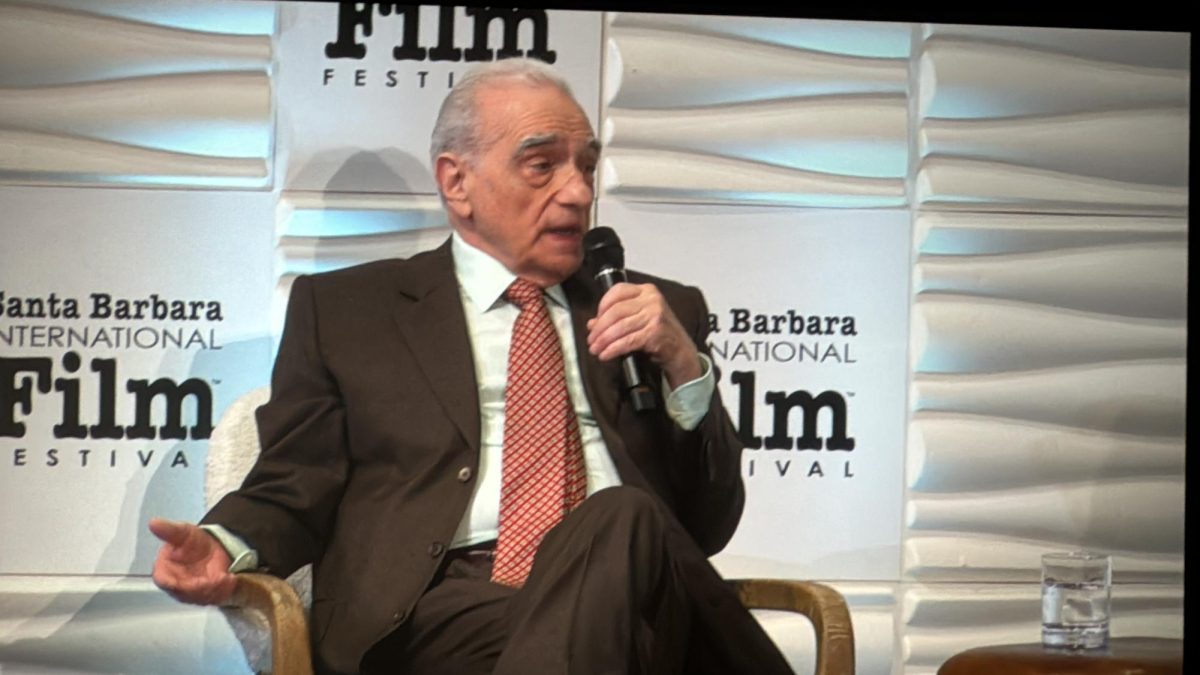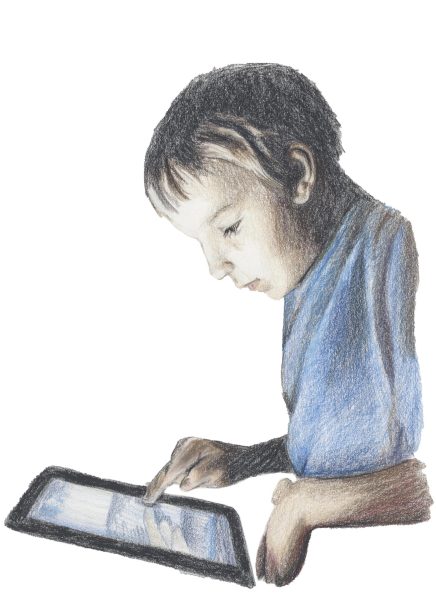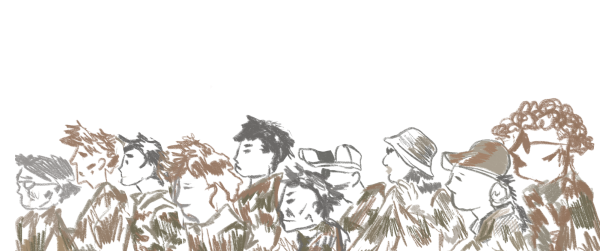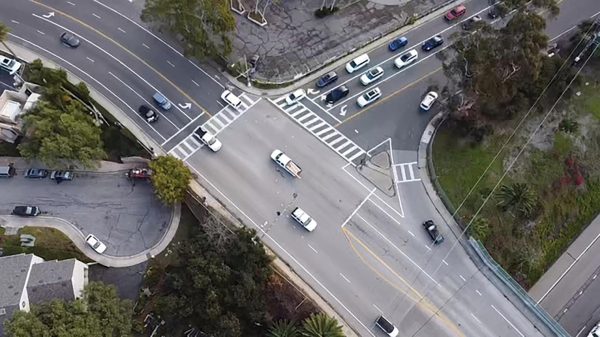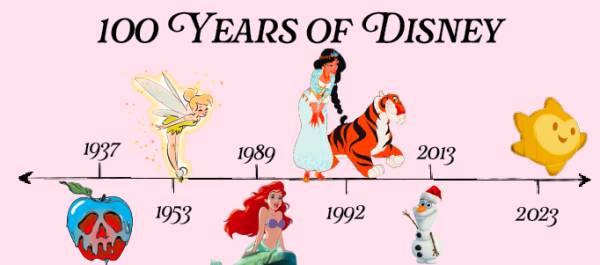AI Is Becoming One of Humanity’s Greatest Inventions

February 22, 2021
PWC, one of the largest accounting firms in the U.S., reports that artificial intelligence could contribute $15.7 trillion, 15% of the global GDP, to the global economy by 2030. PWC also describes that Artificial Intelligence could boost the Gross Domestic Product for local economies by 26% through 2030. AI is taking the world by storm, and AI is becoming one of humanity’s greatest inventions.
One of the main arguments against AI is job loss, however, artificial intelligence will create more jobs than the ones that will be lost. According to the Oxford Economics department, the world will lose up to 20 million manufacturing jobs by 2030 because of artificial intelligence. But throughout human history, new technologies and inventions have been created that create more new opportunities than the ones that disappear. For example, the development of the car erased the need for horses to go from place to place and destroyed many jobs, such as those of horse breeders and blacksmiths. However, the invention of the new technology created many new jobs, such as jobs in building cars and jobs in producing oil. Gartner, an IT service management company, concluded that just in 2020, AI created a net gain of 500,000 new jobs. New technologies and inventions have always created new opportunities for workers.
Artificial intelligence-powered machines will do jobs that humans can’t do. For example, take the Mars Curiosity Rover. No human can live on Mars exposed to the atmosphere without special technology, and no human has the tools that the rover has to analyze the geological features of the planet. For almost nine years, the rover has been on Mars gathering information and sending it to Earth and it is learning to think for itself. This shows that artificial intelligence can do incredible things that help humanity. Humans are also much more likely to make errors than artificial intelligence, which is precisely why a machine-learning rover is suitable for this kind of Mission to Mars and why artificial intelligence can help humanity ultimately reach the red planet.
Builtin, a source for tech industry news, discusses how artificial intelligence is beneficial in the medical field. An example of this is in Harvard University’s teaching hospital, Beth Israel Deaconess Medical Center. This Medical Center is using artificial intelligence to diagnose potentially deadly diseases at a very early stage. Doctors use artificial intelligence -enhanced microscopes to scan for harmful bacteria in blood samples at a much faster rate than is possible when using manual scanning. The scientists used 25,000 images of blood samples to teach the machines how to search for bacteria. The machines then learned how to identify and predict harmful bacteria in blood with 95% accuracy. Many hospitals are now using artificial intelligence to assist doctors in surgery. These robots are equipped with advanced cameras, mechanical instruments, and surgical instruments. Surgeons control the robotic arms, and other team members work closely with the artificial intelligence-powered robot. Robot-assisted surgeries have led to fewer surgery-related complications, less pain, and a quicker recovery time.
In just a matter of years, artificial intelligence will become one of the leading fields and one of the most valuable areas (in terms of market value.) Overall, this up-and-coming technology will increase the number of jobs and save thousands of lives every year.




